Playtron promises a new gaming OS, but it might be doomed before it even starts to take off
It also wants to release a handheld console by 2025.
3 min. read
Published on
Read our disclosure page to find out how can you help Windows Report sustain the editorial team Read more
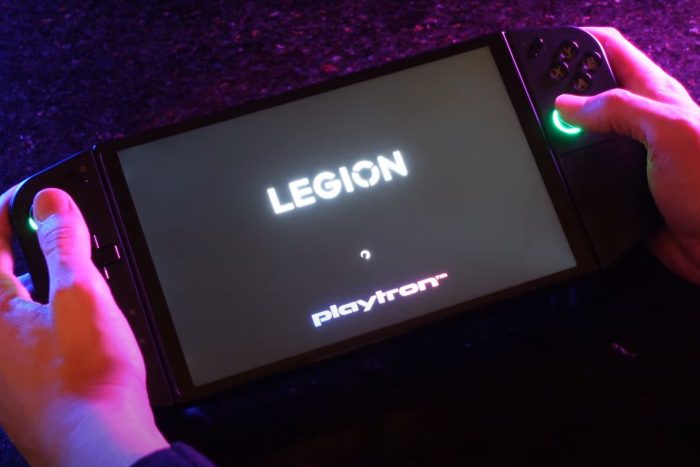
In a world of handheld gaming consoles, the operating system is somehow of scarcity: there is the Steam OS, for the Steam Deck console, there is the Nintendo Switch, there is the Android OS for mobile phones, and then there is Windows for handhelds such as Rog Ally, or Legion Go.
However, this particular world is soon to witness the rise of Playtron, a new gaming OS that is based on Linux, tied to no particular store, company, or platform, while offering users a stripped, straight-to-the-point UI experience.
According to an interview with Kirt McMaster, CEO of Playtron for The Verge, the company already managed to amass $10 million in funding, it has 18 employees, and a big plan to compete with giants such as Microsoft, Valve, or Apple, and establish itself as the next big thing in the gaming industry.
The company also plans to take over the handheld console industry, by releasing its native Playtron-based device in 2025, with the ambition to capture 1 billion ‘core gamers’, as McMaster describes those who aren’t hardcore gamers but will game on any device whenever they have the opportunity.
McMaster also told The Verge that Playtron will be a cheaper and more effective option for all the tech companies designing the future gaming console, stating that while the current prices OEMs spend for operating systems such as Windows are around $80, Playtron will only cost around $10.
The OS is also capable of powerful anti-cheat solutions, as per McMaster, who says that Playtron’s Fedora Silverblue has an immutable file system. The entrepreneur envisions Playtron as an operating system capable of running on every device: from mobile phones to tablets, laptops, and desktop devices, but also TVs, and even cars. Gaming while driving? That’s not a very wise idea.
The OS is designed with many plans in mind, as McMaster unveils that it won’t have its own store, as the operating system will function more as a distribution platform, allowing gamers to access only the top games. Currently, it doesn’t even allow users to purchase games directly on it, as stores need to be integrated first.
However, given McMaster’s entrepreneurial history, it seems that Playtron is doomed to fail before it even starts: he was the former head of Cyanogen Inc. a project launched in 2013, which also has a great $7 million start that sought up to turn CyanogenMod, a free and open-source Android ROM community into a for-profit operating system, and app vendor and distribution platform.
Despite Google trying to buy the project a year later, Cyanogen Inc. was closed by 2016, with many saying that McMaster’s ambitions were fueled by his desire to compete and possibly even surpass Google. CyanogenMod was, of course, running on Android code, which is Google’s open-source project.
We can’t help but notice the similarities between Playtron and Cyanogen Inc.: the funding, the ambitions to compete with operating systems that are already established on the market, and the illusion of being able to capture 1 billion ‘core casual’ gamers.
While Playtron might not end the same way Cyanogen Inc., it will have stiff competition: Microsoft, for instance, might be looking up to releasing handheld gaming PCs that would run on Windows, and Nintendo Switch 2, which is slated for a 2025 release will take on full-fledged consoles, such as PlayStation 5, and Xbox Series X, despite being a handheld.
Is a new player joining the console wars? We love to see it. We can only hope it can deliver.
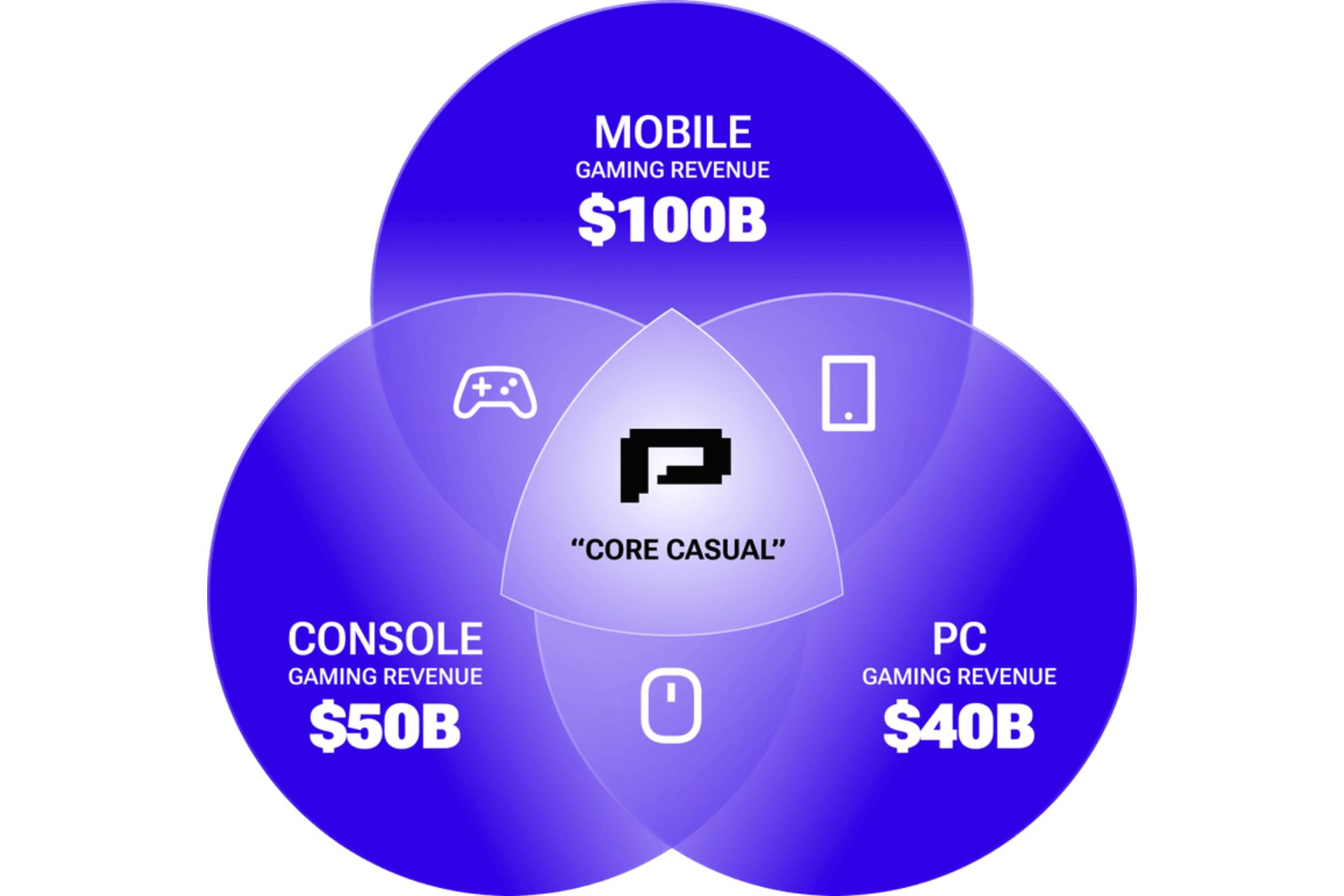
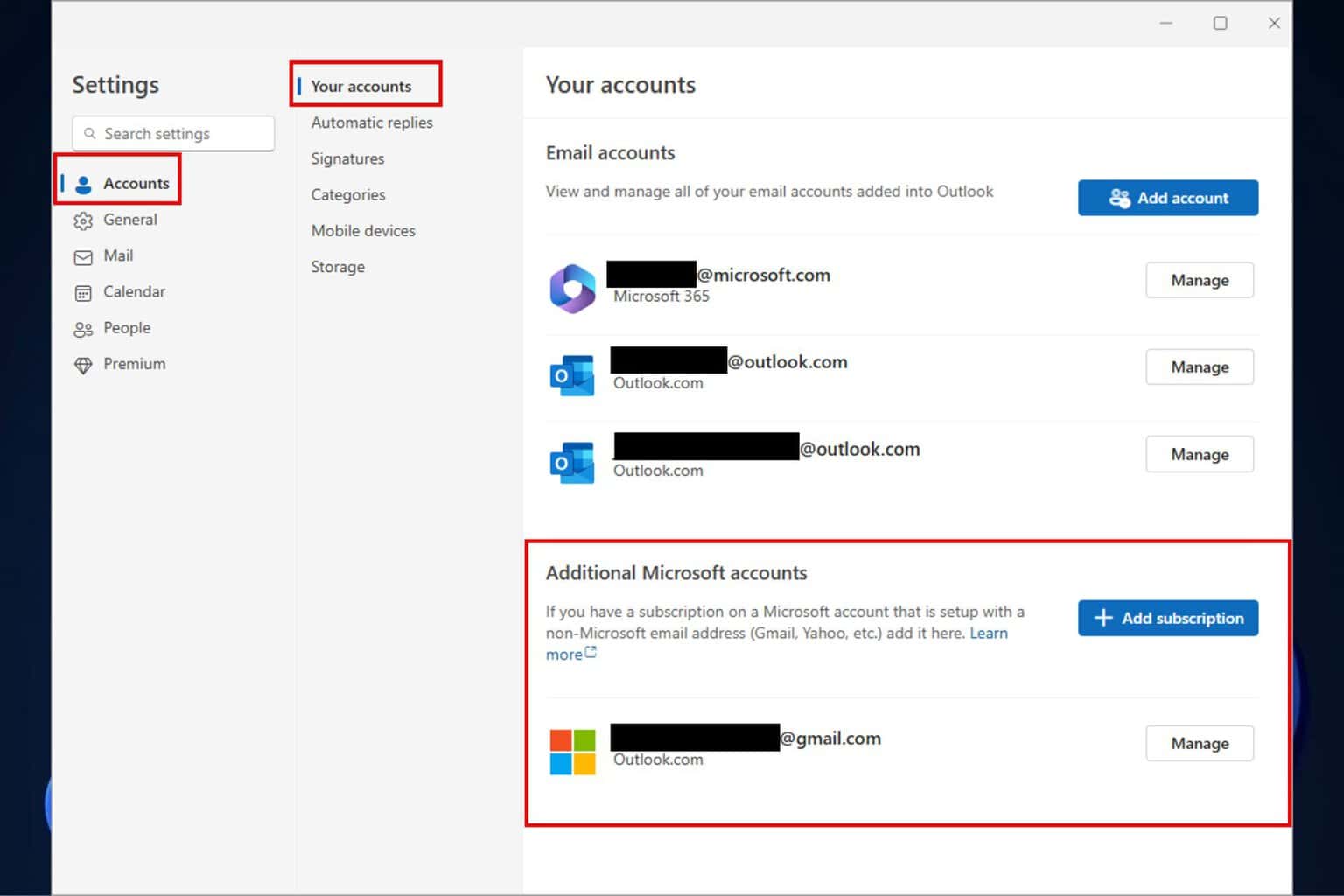
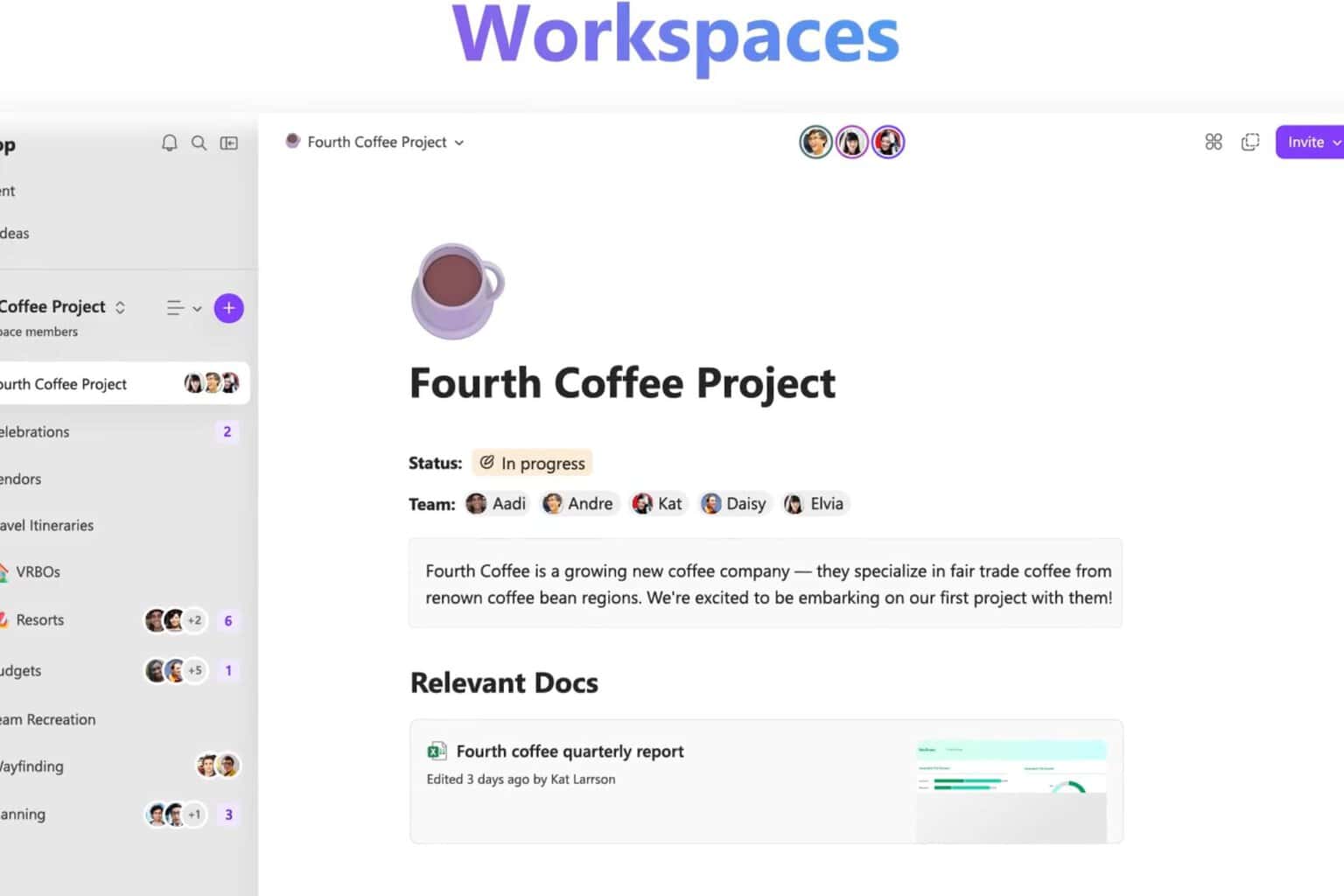
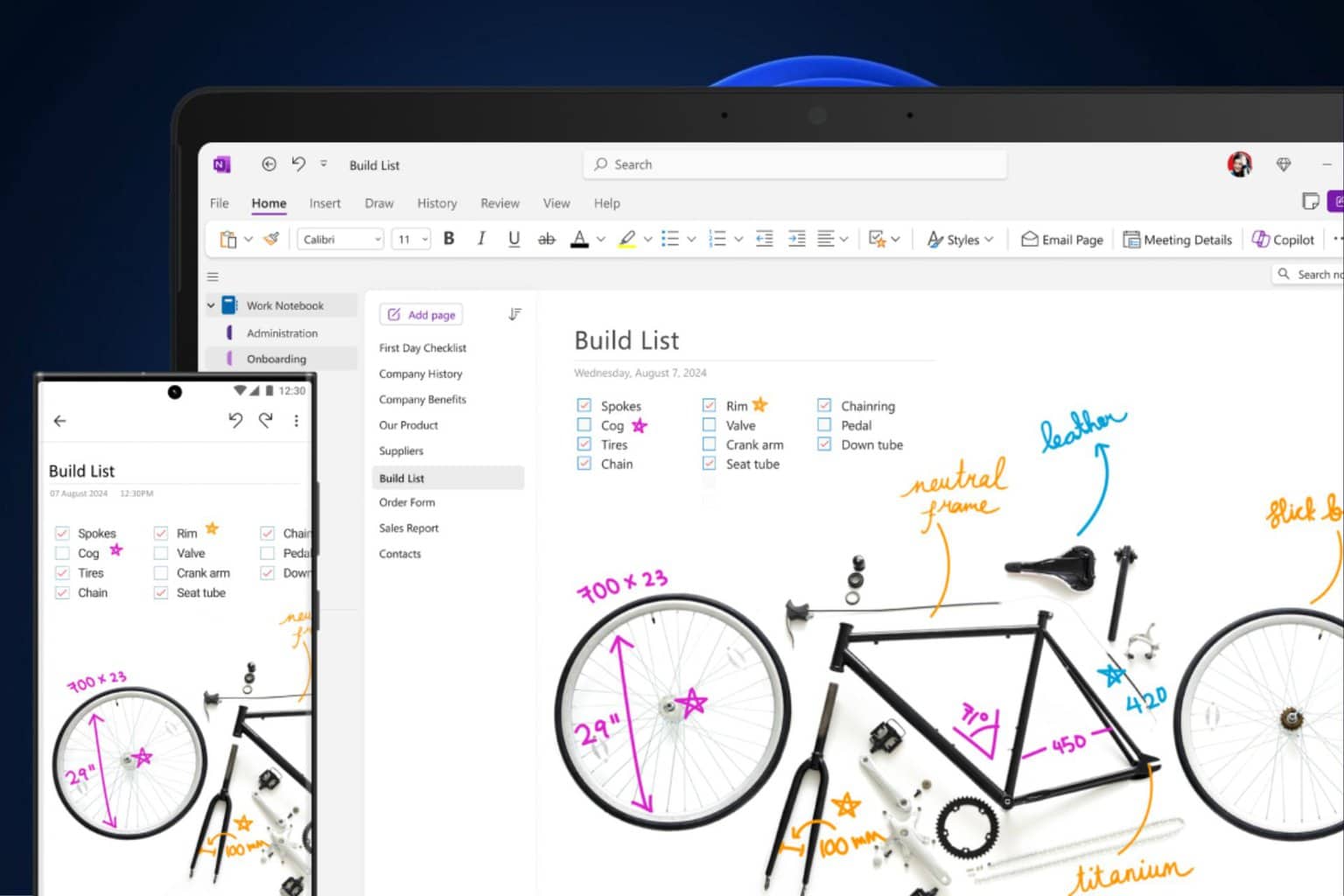
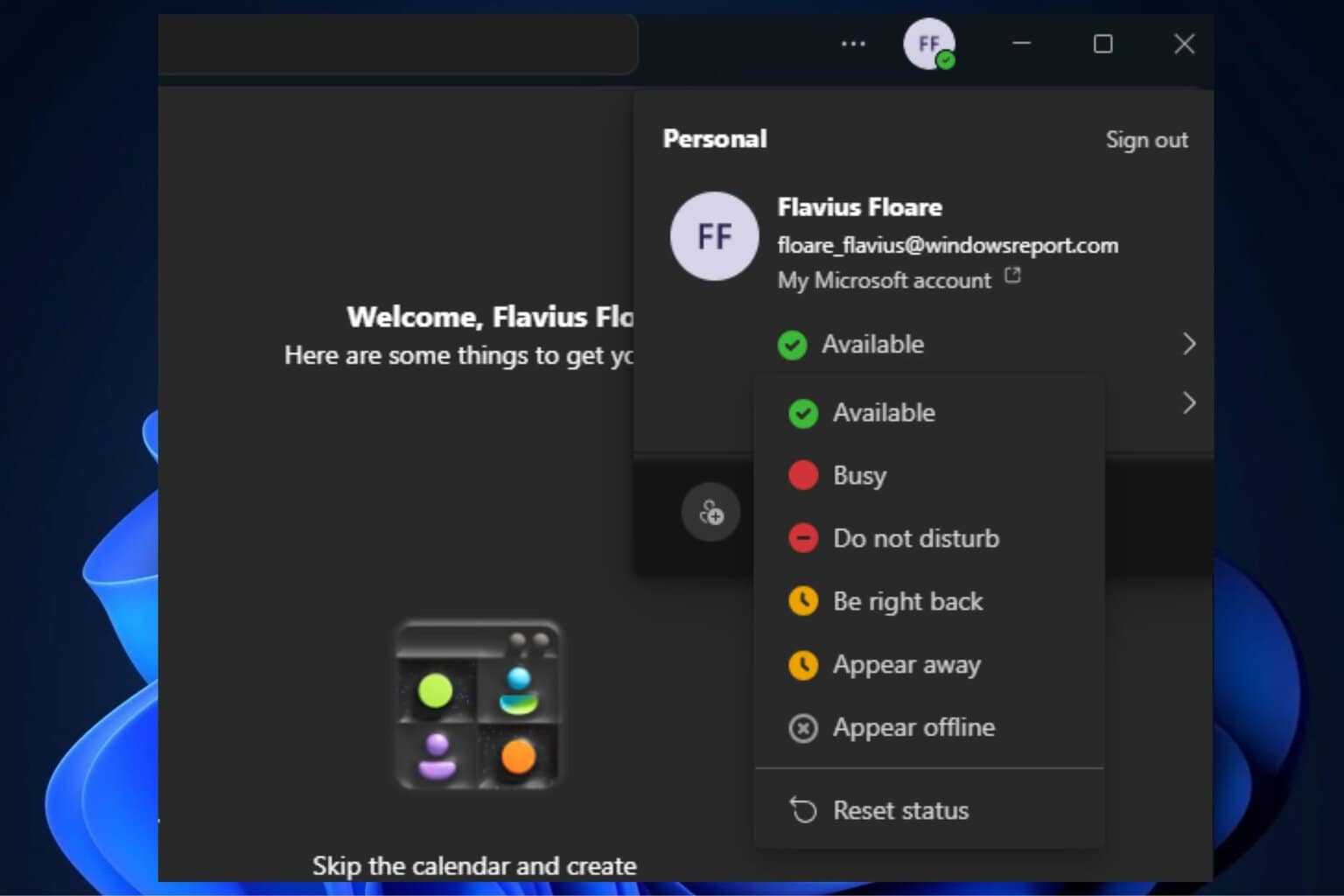
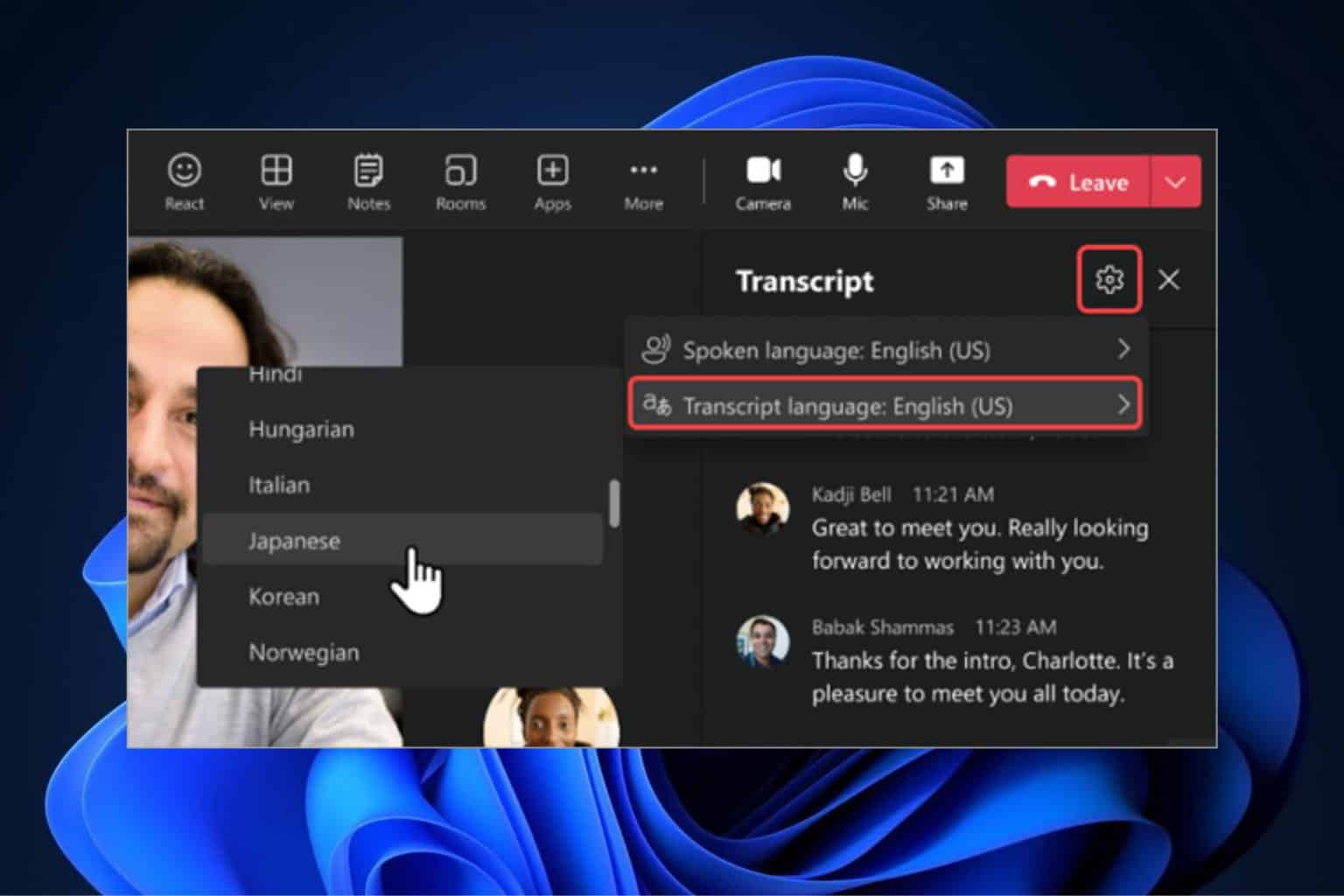
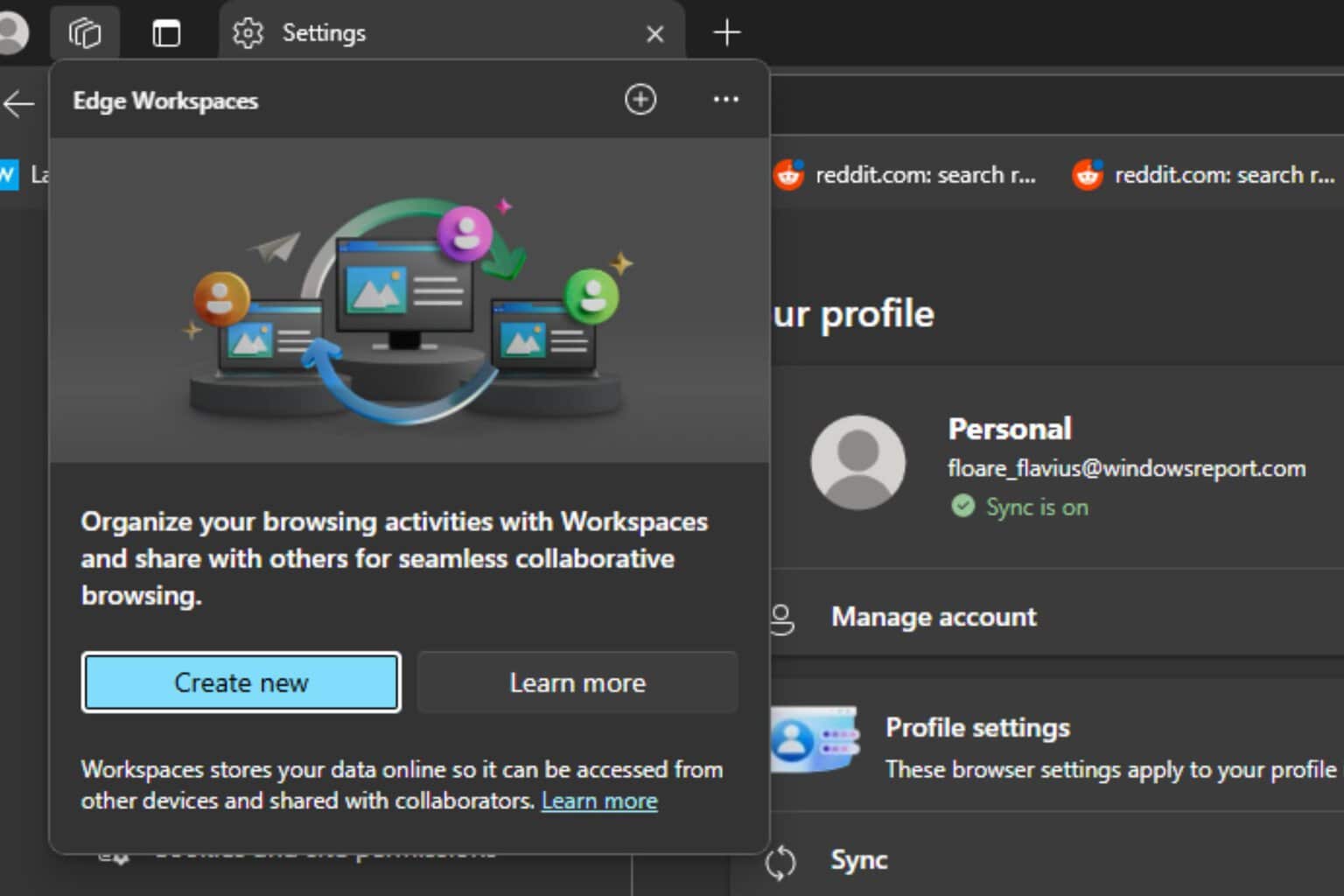

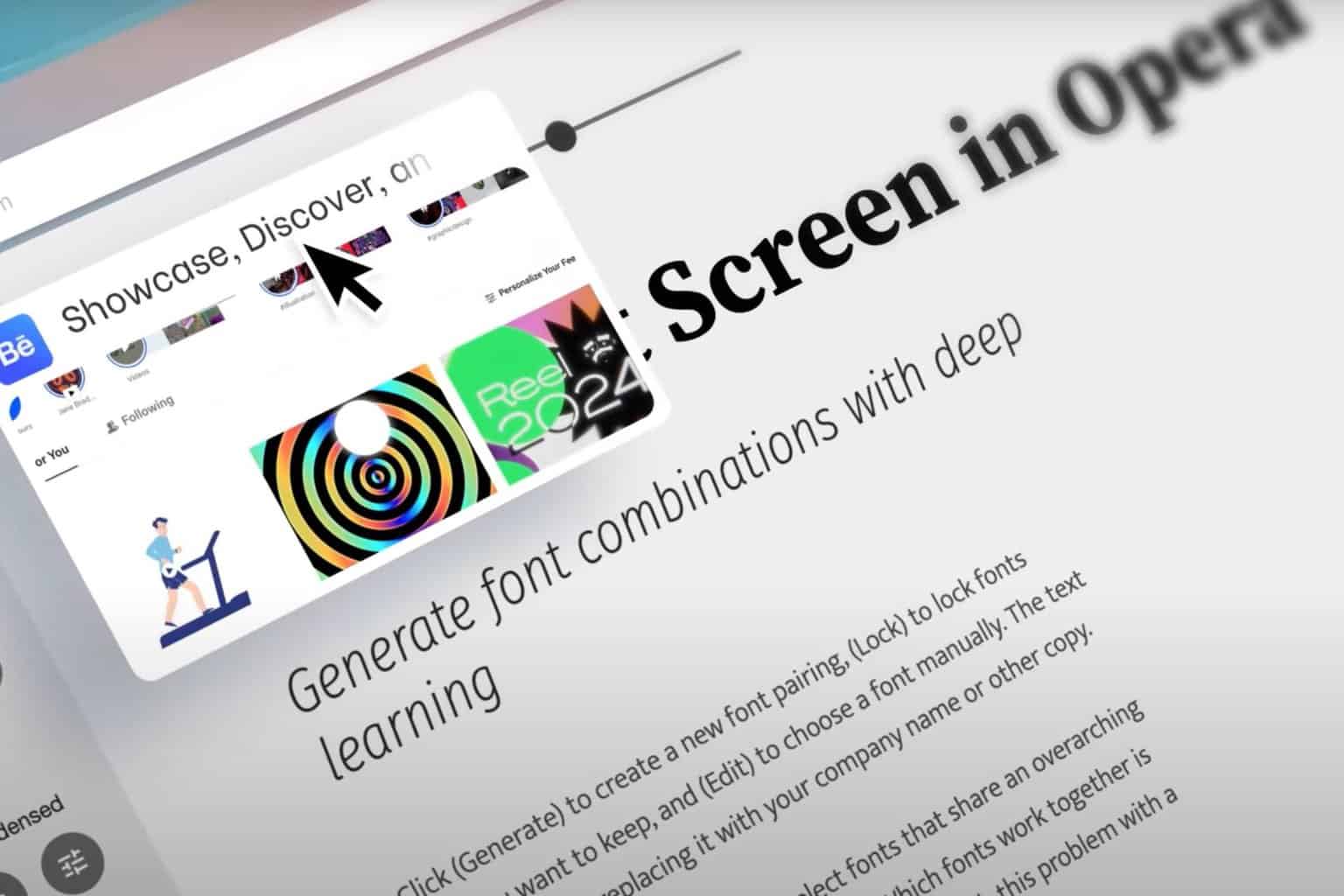
User forum
0 messages